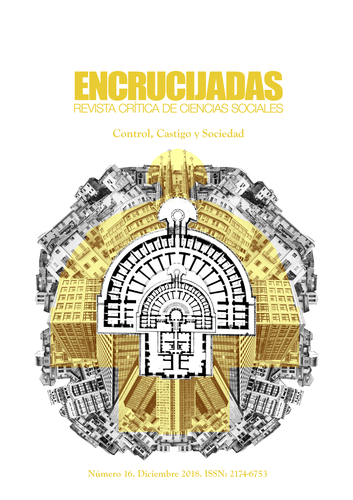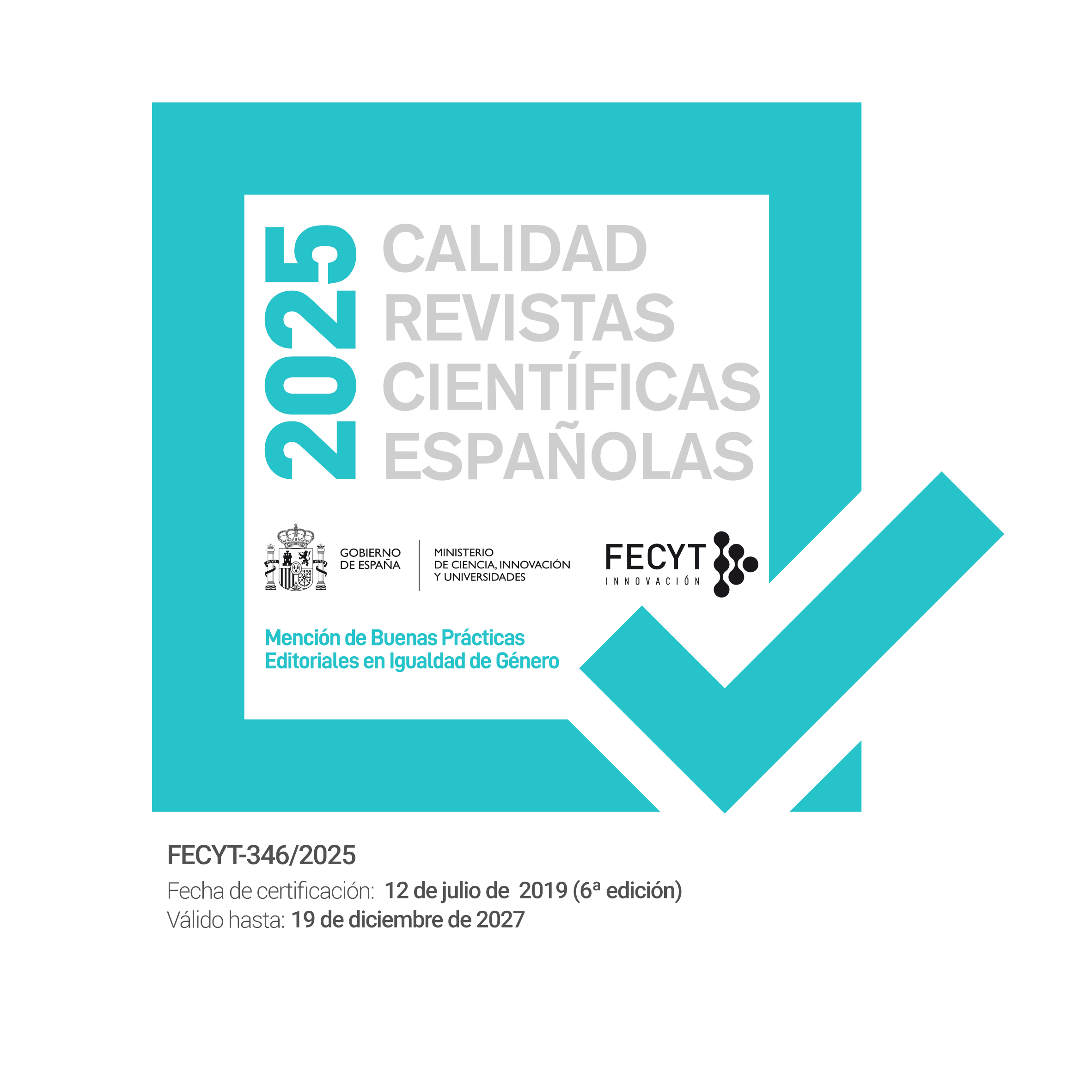Street art and 2.0 social centers as alternatives to the neoliberal city model. The case of El Keller and Muros Tabacalera in the Self-managed Social Center La Tabacalera de Lavapiés
Keywords:
new institutionality, street art, social innovation.Abstract
The adaptation of cities to the imperatives of international competitiveness has motivated that the priorities of local governments have been in the parameters of capitalist production and not in those of social reproduction. This process has led to a erosion in terms of governance. In this context, experiences of democratic innovation have proliferated, challenging the "entrepreneuralism" followed by local administrations. An important part of these experiences has occurred in self-managed social centers where formulas for collaboration with state institutions have been tried, giving rise to a new institutionality. In this paper, we will analyze the Tabacalera of Lavapiés case, and more specifically the role of street art in its activities. The study of this artistic and cultural practice, whose action is based largely on the absence of official tutelage, provides valuable keys to reflect on the tensions that arise in the relationship of autonomous initiatives with official culture. This work is intended to answer the following research question: How have the practices associated with street art in Tabacalera contributed to the emergence of a new institutionality as an alternative to the neoliberal city model?
Downloads
Downloads
Published
How to Cite
Issue
Section
License
Los autores/as conservan los derechos de autor y ceden a la revista el derecho de la primera publicación, con el trabajo registrado con la licencia de atribución de Creative Commons Reconocimiento-NoComercial (CC-BY 4.0), que permite a terceros utilizar lo publicado siempre que mencionen la autoría del trabajo y a la primera publicación en esta revista. Encrucijadas permite y se anima a todas las personas autoras a depositar la versión final publicada en repositorios institucionales o temáticos de acceso abierto, cumpliendo en caso necesario los términos establecidos por la entidad financiadora de la investigación.





